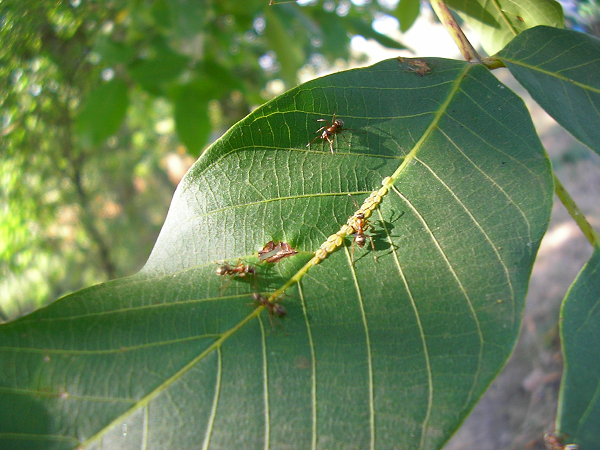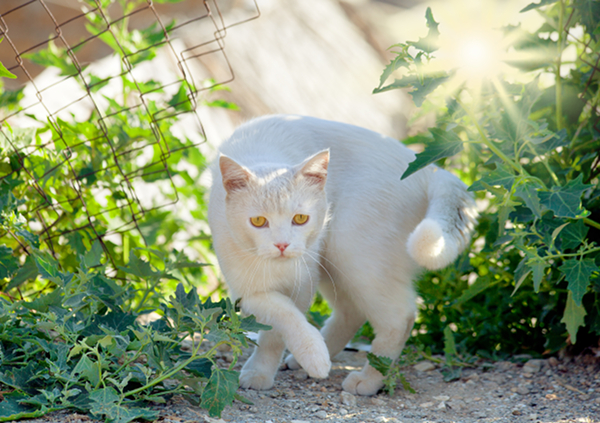Pests In Your Garden? Get Rid Of ‘Em.
Send Pesky Pests Packing!
(And say “pesky pests packing” 10 times fast…)
The first step in dealing with pests in the garden is knowing your enemy. Is it a bunny or a grasshopper that’s nibbling on your lettuce leaves? Arming yourself with this information is your best bet for effectively protecting your flowers, fruits and veggies.
The first thing you can do is look at the damage. If the culprits are bugs, they might still be there. Alternately, if it’s larger wildlife you’re facing off against, just like the cliché goes, they will probably return to the scene of the crime.
If it’s bugs you’re battling, your first thought might be to try pesticides. Be warned, though, that there are very few pesticides that private residents are permitted to use. Be sure to check what the rules and regulations are in your area before you start an application.
Something you might want to consider instead is planting some herbs. Basil, lemongrass, rosemary and mint are just some of the plants that are known to get rid of mosquitoes and other bugs. They also taste great! If you want to get rid of aphids, slugs and cabbage worms, try alliums flowers. Roaches, ants, ticks, lice, fleas and spider mites are just some of the creepy-crawlies that hate chrysanthemums.

You can also use plants to repel bigger pests. For instance, rabbits generally don’t like the scent of marigolds, and will keep their distance. Mothballs also have a strong smell that animals don’t like, but be careful using them if you have children or pets, as they are poisonous. Predator urine can be a scent deterrent, but it does have a strong odour.
With any smell or taste based repellants, you need to reapply regularly to keep up the potency.
Make your garden as inaccessible and unhospitable to animals as you can. Remove hiding places, such as burrows and tall grass, and put up fencing. Motion detectors for lights might help with nocturnal creatures coming for a midnight snack.

If your problem pest is of the feline variety, try to determine if it’s the neighbour’s pet. If it is, consider talking to your neighbour and explaining the problem, asking them to keep Fluffy indoors. Alternately, if you’re dealing with a feral cat, don’t hesitate to call animal control to report it.
At the end of the day, you can take every possible precaution and still end up with pests in the garden. That’s why we recommend you give your plants their best start possible by using BigYellowBag Black Garden Soil. This soil has the perfect balance of drainage and moisture retention to ensure growing success. It’s also packed with essential nutrients and organic matter to give your plants the ‘food’ they need to grow big, healthy and strong, so even if one of Snow White’s friends stop by for a nosh, they will have a better chance of bouncing back.

